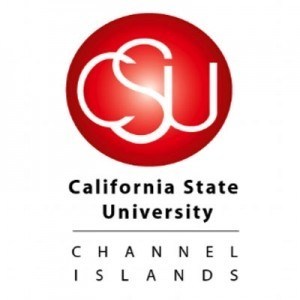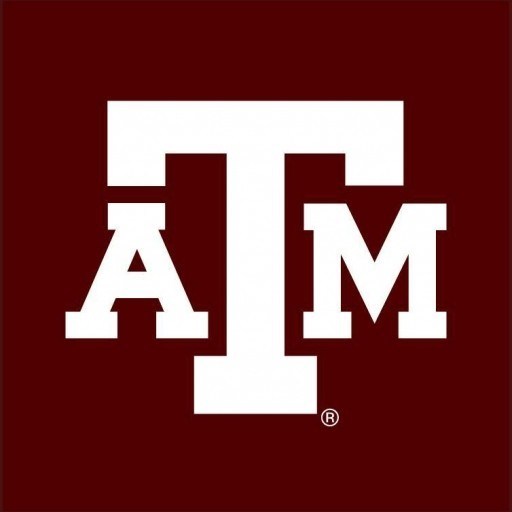Photos of university / #csuci
The Master of Science in Health Communication at California State University is a comprehensive program designed to equip students with the essential skills and knowledge necessary to effectively communicate health-related information across diverse populations and settings. This program emphasizes the development of strategic communication skills tailored to public health campaigns, healthcare systems, and community outreach initiatives. Students will engage with a curriculum that covers a broad range of topics, including health education, risk communication, media strategies, health literacy, and the influence of digital technologies in health promotion. Through coursework and practical experiences, learners will gain an understanding of how to design, implement, and evaluate health communication campaigns that can influence public health outcomes positively. The program also offers insights into the cultural, social, and ethical aspects of health communication, ensuring graduates are prepared to address health disparities and foster health equity. With experienced faculty members who are experts in the field, students receive mentorship and opportunities for research, internships, and collaborations with health organizations. The program aims to prepare graduates for careers in healthcare organizations, public health agencies, non-profit organizations, and private sector companies focused on health communication and health promotion. Graduates will leave the program equipped with the analytical skills to assess communication needs, develop effective messages, and utilize emerging technologies and platforms to reach target audiences effectively. Emphasizing real-world application, the program combines theoretical foundations with practical skills, ensuring students are ready to face current challenges in health communication and contribute meaningfully to improving health outcomes through effective communication strategies.
HLTH 322 Health Issues and Education (2)
ANTH 103 Human Beginnings, Biological and Cultural Evolution (3)
ANTH 443 Medical Anthropology: Cross Cultural Perspectives on Health & Healing (3) (GenEd: D, Interdisciplinary)
BIOL 331 Biotechnology & 21st Century 3) (B2, D, Interdisciplinary)
BIOL 332 Cancer and Society (3) (B2, D, Interdisciplinary)
BIOL 333 Emerging Public Health Issues (3) (B2, E, Interdisciplinary)
BIOL 432 Principles of Epidemiology & Environmental Health (3) (B2, D. Interdisciplinary) (Prereq. BIOL 201 and CHEM 122)
MGT 426 Management of Healthcare Organizations (3) (Prereq. MGT 307)
International Freshmen Checklist
International Transfer Checklist
Financial Affidavit for Undergraduate applicants
Submit all application documents to the Center for International Affairs.
*Transfer Students: We are currently accepting applications from all community colleges in the U.S. Please make sure that you have at least 60 units and have completed “Oral communication”, “Written communication”, “Critical thinking” and “College level mathematics/quantitative reasoning” with “C” or better. Please note that the Nursing programs are closed for international students.
English Score
Submit the results of the Test of English as a Foreign Language (TOEFL) or other acceptable test (see below for list of tests). Scores must be sent directly to CSUCI from testing agency.
Acceptable English Placement Exams
TOEFL – Test of English as a Foreign Language with a minimum Paper-Based score of 500, a minimum Computer Based score of 173 or a minimum Internet Based score of 61.
IELTS – International English Language Test System with an overall band score of 6.0.
*Transfer students: It’s not necessary to submit a TOEFL or IELTS score if you have completed the required Freshman Composition Class at your community college.
Want to improve your English level for admission?
Prepare for the program requirements with English Online by the British Council.
- ✔️ Flexible study schedule
- ✔️ Experienced teachers
- ✔️ Certificate upon completion
📘 Recommended for students with an IELTS level of 6.0 or below.
The California State University offers various financial aid options to support students pursuing the Emphasis in Health Communication program. Students can apply for federal and state financial aid programs, including Pell Grants, Federal Stafford Loans, and Cal Grants, depending on their eligibility. Scholarships specific to the university or external organizations may also be available to assist students financially. Additionally, work-study opportunities allow students to earn money through part-time employment on campus, providing practical experience related to health communication fields. The university's financial services office offers counseling and resources to help students navigate the application process for these aid programs and develop a manageable financial plan for their studies. Students are encouraged to complete the Free Application for Federal Student Aid (FAFSA) early to maximize their chances of receiving financial assistance. Furthermore, some students may qualify for departmental scholarships or internships that not only provide financial support but also enhance their practical skills and professional networks. Payment plans are often available to spread tuition costs over semesters, making the program more accessible. Students should also explore external funding sources, including private scholarships from health communication organizations or industry sponsors. The university promotes financial literacy and planning workshops to help students understand their options and responsibilities related to funding their education. Overall, the combination of federal, state, institutional, and external financial aid programs, along with flexible payment options, ensures that students interested in the Emphasis in Health Communication can pursue their degree with manageable financial planning.
The Health Communication emphasis at California State University is designed to prepare students for effective communication within the health sector, focusing on strategies to promote health awareness, disease prevention, and health promotion. This program integrates principles of communication, public health, and behavioral science to equip students with the skills necessary to develop, implement, and evaluate health communication campaigns across diverse populations. Students gain a comprehensive understanding of health literacy, message framing, media usage, and the role of digital communication platforms in public health initiatives. The curriculum typically includes courses in health communication theory, health campaign planning, risk communication, intercultural communication, and health education strategies. The program emphasizes practical experience through projects, internships, and collaborations with health organizations, providing students with real-world insights into the challenges and opportunities in health communication fields. Graduates of the program are prepared for careers in hospitals, government agencies, non-profit organizations, healthcare providers, and private corporations, where they can work as health educators, communication specialists, public health advisors, or campaign managers. The emphasis also promotes research skills, enabling students to contribute to evidence-based practices in health communication. Overall, the program aims to foster professionals who can effectively bridge the gap between health information and the public, promoting healthier communities through innovative and culturally competent communication strategies.




